Reviewed by Julianne Ngirngir
The tech world just witnessed another high-stakes legal battle as Elon Musk's xAI filed a lawsuit against Apple and OpenAI, alleging monopolistic practices and illegal conspiracy to control AI in smartphone devices. This isn't just another corporate spat—it's a clash that could reshape how we access AI on our devices and determine who controls the future of artificial intelligence integration.
The lawsuit, filed in federal court in Texas, features 10 claims altogether and represents Musk's escalation from social media threats to actual legal action. What makes this particularly intriguing is the timing: it comes as the AI market is exploding and every tech giant is scrambling to secure their piece of the pie. Musk posted on X that Apple is making it nearly impossible for any AI app other than OpenAI's ChatGPT to top the App Store charts.
What's really behind Musk's antitrust claims?
Let's break down what Musk is actually alleging here. He claims Apple unfairly favors OpenAI's ChatGPT, making it difficult for xAI's Grok and other AI apps to compete for top rankings. The app store positioning tells an interesting story. Currently, xAI's Grok app ranks at number six among free iPhone apps in the US, while OpenAI's ChatGPT holds the top spot, though Grok is currently ranked third in the App Store for free productivity apps—behind only ChatGPT and Gmail. These different category rankings highlight the complexity of App Store competition and underscore Musk's central complaint about curation fairness.
But here's where it gets interesting—Musk believes that positioning isn't based purely on merit. The tech billionaire pointed out that the App Store is breaching antitrust regulations, according to a CNN report. He called it a clear violation of antitrust laws and threatened to take "immediate legal action."
The core of Musk's argument centers on Apple's integration of ChatGPT into its iOS, iPadOS, and macOS ecosystems, announced at WWDC 2024. This partnership allows seamless access to ChatGPT without requiring users to download separate apps—potentially sidelining competitors like xAI's Grok. What distinguishes this case from typical app ranking disputes is the deeper ecosystem integration advantage that ChatGPT enjoys, making it more than just a question of download numbers or user ratings.
The Apple-OpenAI partnership: game-changer or game-rigging?
The relationship between Apple and OpenAI is at the heart of this controversy. Apple's partnership with OpenAI integrates ChatGPT into iPhones, iPads and Macs, giving OpenAI unprecedented access to Apple's ecosystem. This integration, powered by OpenAI's GPT-4o, allows seamless access without requiring users to download separate apps, potentially sidelining competitors like xAI's Grok.
What's particularly telling is how this plays out in Apple's curated sections. CNBC confirmed that ChatGPT was ranked No. 1 in the top free apps section of the American iOS store, and was the only AI chatbot in Apple's 'Must-Have Apps' section. That's a pretty exclusive club to be in—and it raises questions about whether Apple's editorial choices are influenced by business partnerships.
The lawsuit gets specific about these partnership implications. Musk's company alleges that Apple's exclusive partnership with OpenAI, integrating ChatGPT into iPhones, iPads, and Macs, has effectively shut out rivals from gaining prominence on the Apple App Store. The complaint goes further, stating: "If not for its exclusive deal with OpenAI, Apple would have no reason to refrain from more prominently featuring the X app and the Grok app in its App Store".
Musk's companies allege: "In a desperate bid to protect its smartphone monopoly, Apple has joined forces with the company that most benefits from inhibiting competition and innovation in AI: OpenAI, a monopolist in the market for generative AI chatbots." It's strong language, but the legal argument hinges on whether this partnership creates unfair competitive advantages beyond normal business relationships.
Why this lawsuit matters beyond Musk vs. Apple
Here's the thing that makes this case fascinating from a tech industry perspective: it's happening against a backdrop of increasing regulatory scrutiny. This potential lawsuit comes amid broader regulatory scrutiny of Apple's App Store policies, which have faced legal and legislative challenges in both the U.S. and the EU.
The timing couldn't be more interesting. In April, a US judge ruled that Apple violated a court order requiring it to allow greater competition in its App Store and referred the company to federal prosecutors for a criminal contempt investigation, in a case brought by 'Fortnite' maker Epic Games. Apple was also handed a 500 million euro ($587 million) fine by the EU antitrust enforcer in April, saying its technical and commercial restrictions prevented app developers from steering users to cheaper deals outside the App Store.
But there's a compelling counter-argument to Musk's monopoly claims. The success of DeepSeek, a Chinese AI startup, challenges the notion of an impenetrable OpenAI monopoly on the App Store. In January 2025, DeepSeek's 600B-parameter DeepSeek-V3 model, built for under $6 million using 2,000 Nvidia H800 chips, soared to the #1 spot on the App Store's Top Free Apps chart. This achievement suggests that Apple's app ranking system can support non-OpenAI AI applications—potentially weakening Musk's argument unless xAI can provide evidence of deliberate suppression of Grok.
The DeepSeek case study becomes crucial for Musk's legal strategy because it demonstrates that breaking through to the top spot is possible, which means xAI will need to prove systematic bias rather than simple market dynamics. This sets up an interesting legal challenge: showing that Apple's partnership with OpenAI creates structural advantages that go beyond what any successful app might naturally achieve through user adoption and engagement.
The legal chess match: what happens next?
From a legal standpoint, this case could get really interesting. Musk's claims appear to center on two main antitrust arguments: Platform Discrimination—That Apple is leveraging its control over app discovery to give preferential treatment to certain AI products (notably OpenAI's) over direct competitors. Abuse of Market Power—That Apple's dominance in the mobile app distribution market enables it to materially disadvantage competitors without recourse.
A formal case could be filed under U.S. antitrust statutes, such as the Sherman Act, or under state-level unfair competition laws. The European Union's Digital Markets Act (DMA) may also be relevant if regulators deem Apple's alleged behavior to violate gatekeeper obligations—particularly in relation to search ranking transparency and equal access.
What's particularly intriguing is how this connects to Musk's broader legal strategy against OpenAI, which could strengthen his Apple case by establishing a pattern of anticompetitive behavior. Musk is separately suing the company and its CEO Sam Altman in California, seeking to challenge its transition from a nonprofit—founded with his backing in 2015—to a for-profit model. Musk seeks monetary damages and a judgment voiding OpenAI and Microsoft's licensing agreement.
The proceedings in that case have been telling. A judge recently cut 16 of Altman's defenses during a court hearing, with Gonzalez Rogers setting a March 30 date for jury selection. The judge's frustration with what she called "gamesmanship" from both sides suggests courts are taking these AI competition cases seriously, which could bode well for Musk's Apple case if he can demonstrate similar patterns of market manipulation.
Where do we go from here?
Bottom line: this lawsuit represents more than just another Musk legal drama. This dispute may have implications far beyond Musk and Apple. If proven, the alleged manipulation of rankings could set precedents for how AI products are discovered on dominant platforms. Conversely, if Apple prevails, it could reinforce the legal standing of curated marketplaces to determine app visibility based on proprietary criteria.
Apple is expected to argue that App Store rankings are determined by neutral, objective criteria such as downloads, ratings, and engagement, and that editorial curation falls within its platform management rights. Apple defended the fairness of its App Store, stating 'The App Store is designed to be fair and free of bias'.
The real question is whether this case will force more transparency in how platform gatekeepers make their curation decisions. This isn't just Musk being Musk—there's actually some precedent that suggests his complaints might have merit. The U.S. Department of Justice and Federal Trade Commission have recently increased scrutiny on big tech, filing lawsuits against Apple, Microsoft, Meta, and Google for alleged anticompetitive behavior. This regulatory environment creates a more favorable climate for Musk's antitrust arguments than might have existed just a few years ago.
If xAI's lawsuit gains traction, it could force Apple to offer users more choice in AI integrations, potentially allowing Grok to compete directly with ChatGPT on iPhones. For Apple ecosystem users, that could mean more AI options and potentially better innovation through competition—which, let's be honest, is exactly what we need in this rapidly evolving AI landscape.
What's most interesting to me is that this case could establish some important precedents about how platform owners can leverage their control over app distribution to favor business partners. Whether you love or hate Musk, the core question he's raising—about whether Apple is using its gatekeeper position to pick winners and losers in the AI race—is one that could affect how all of us access and use artificial intelligence in the future.




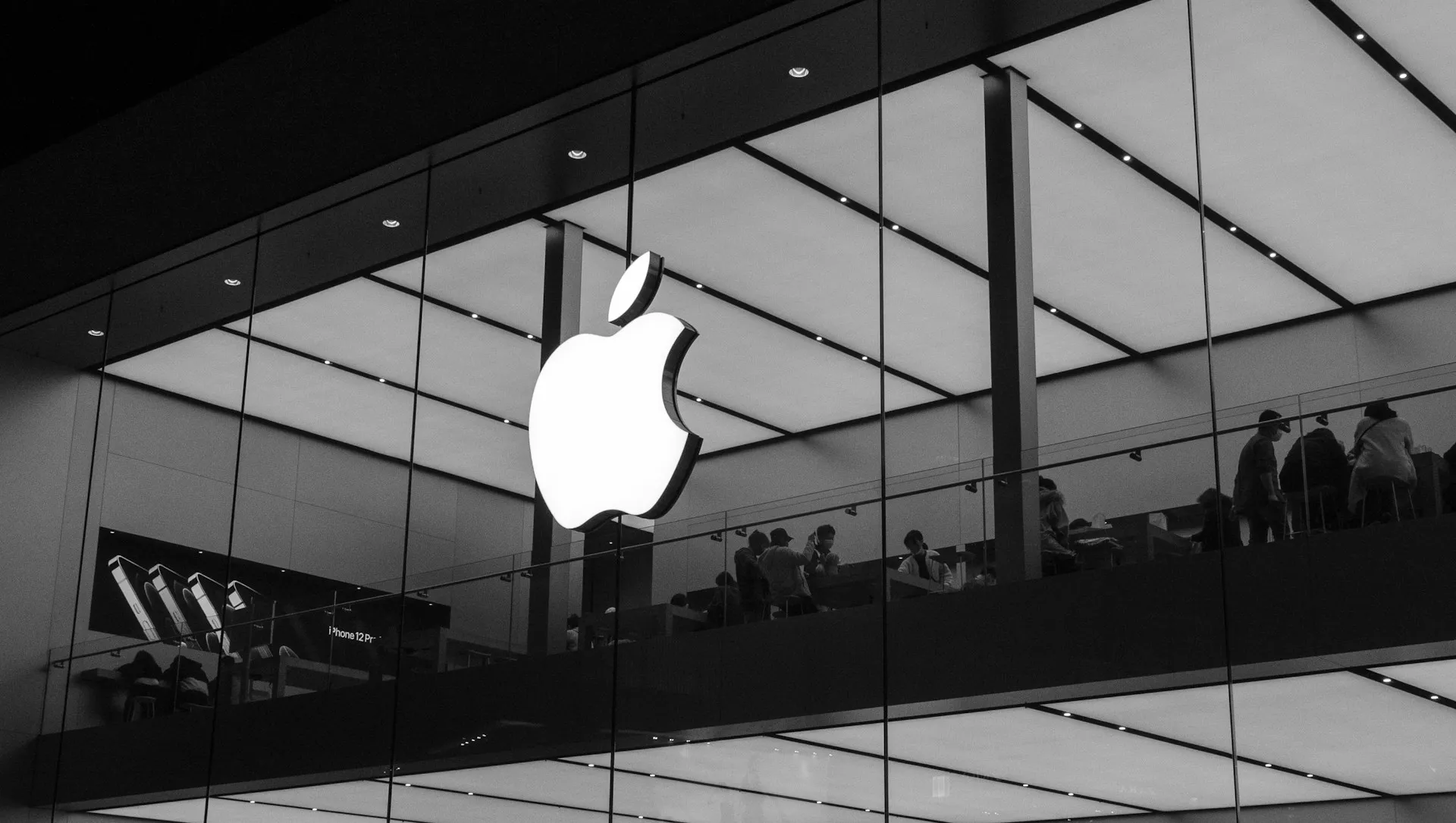


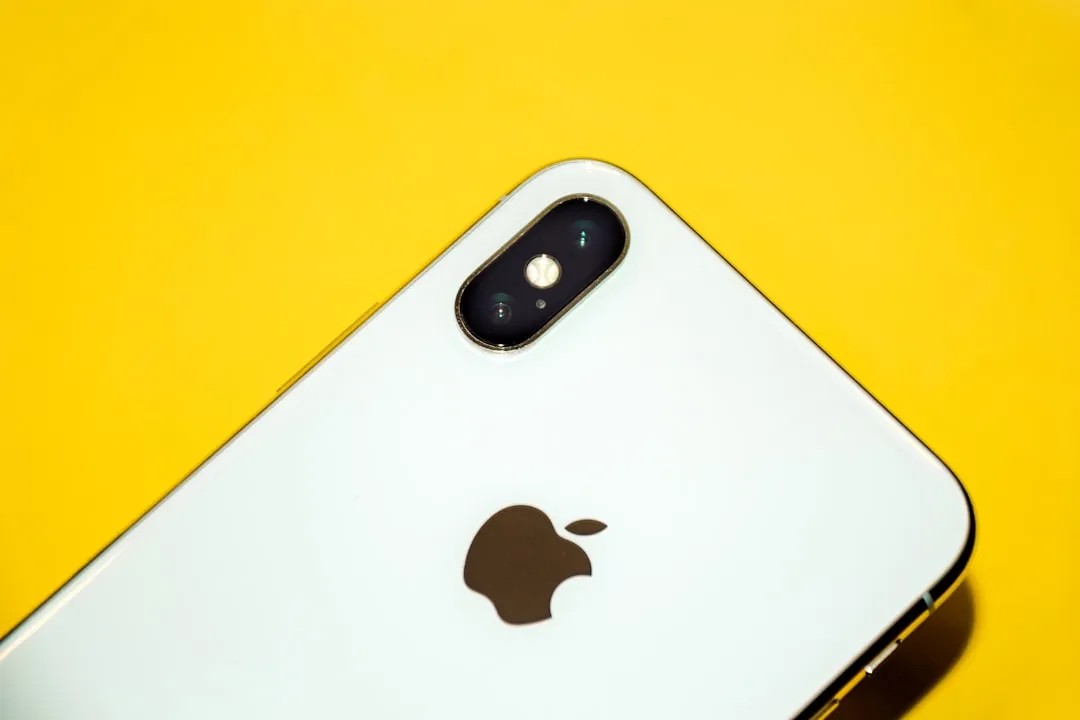
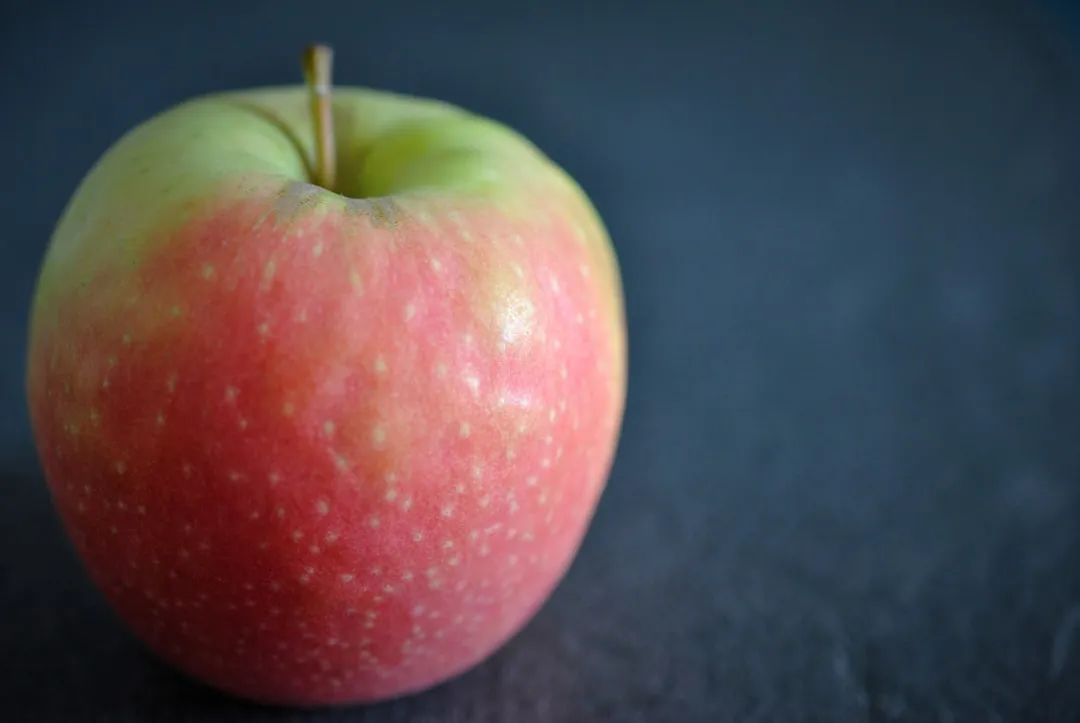
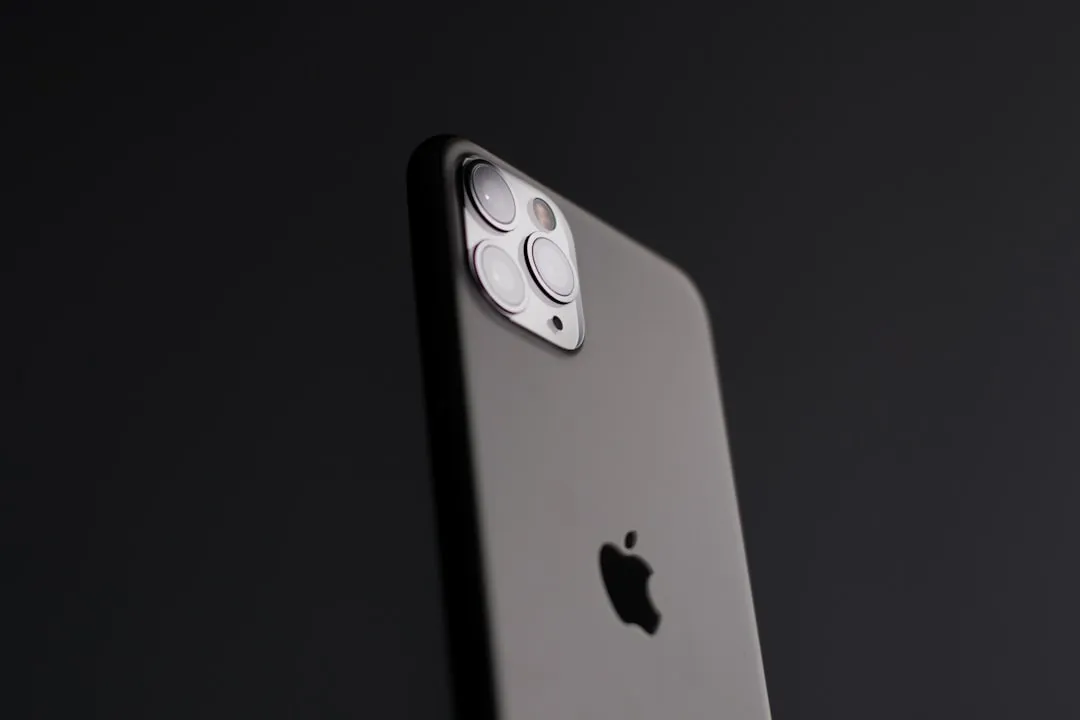


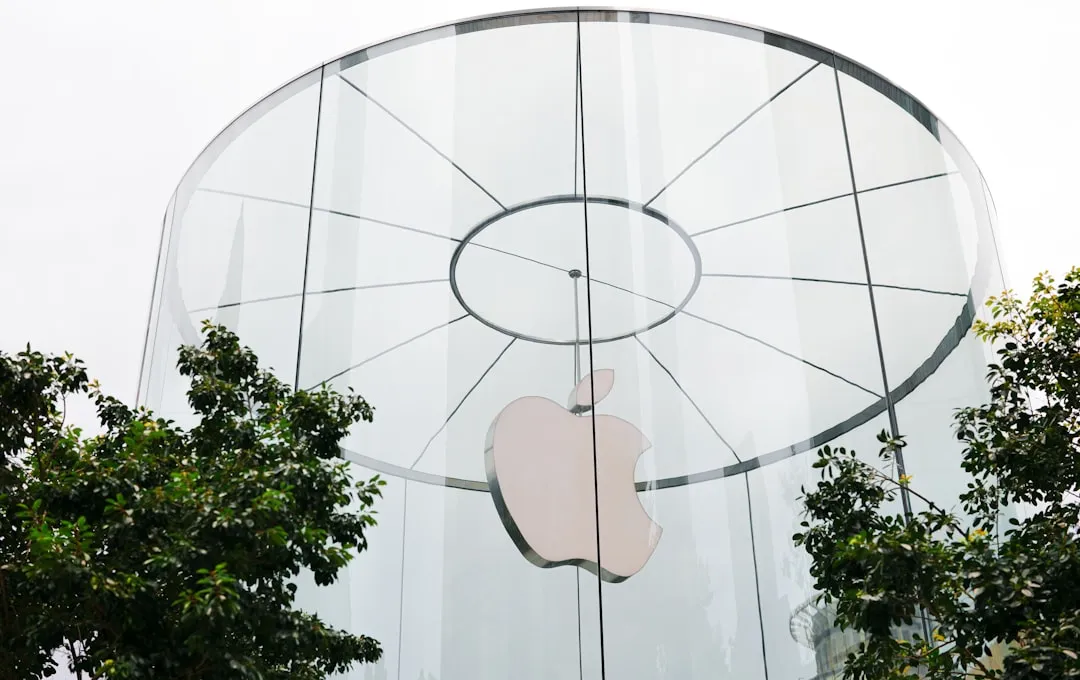
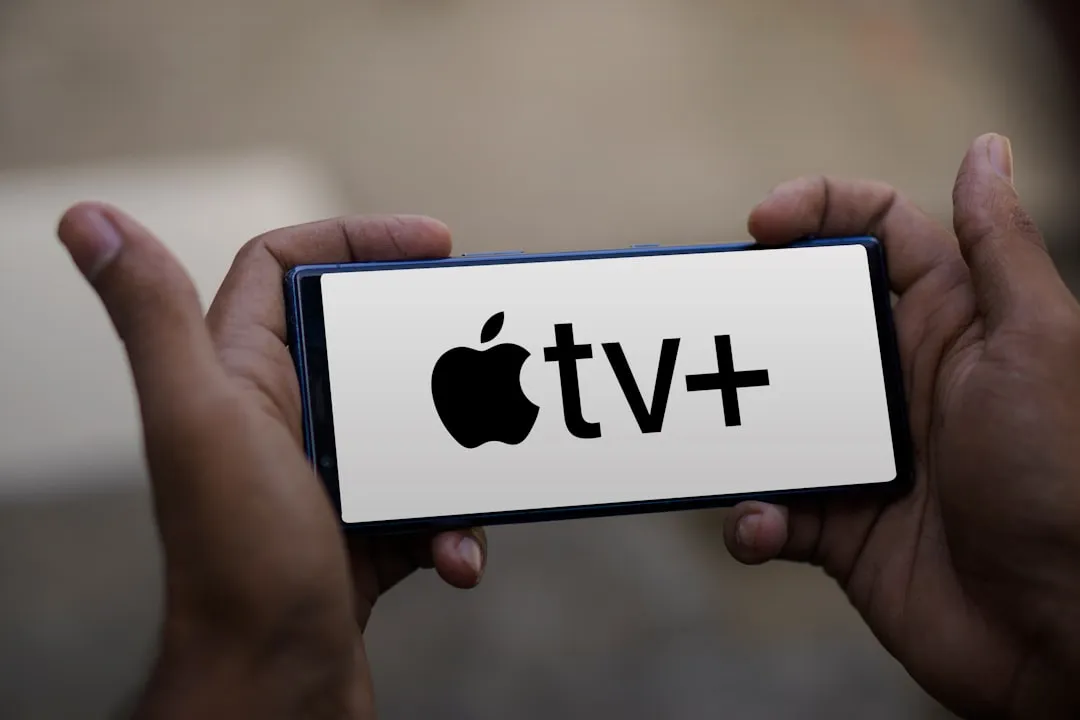
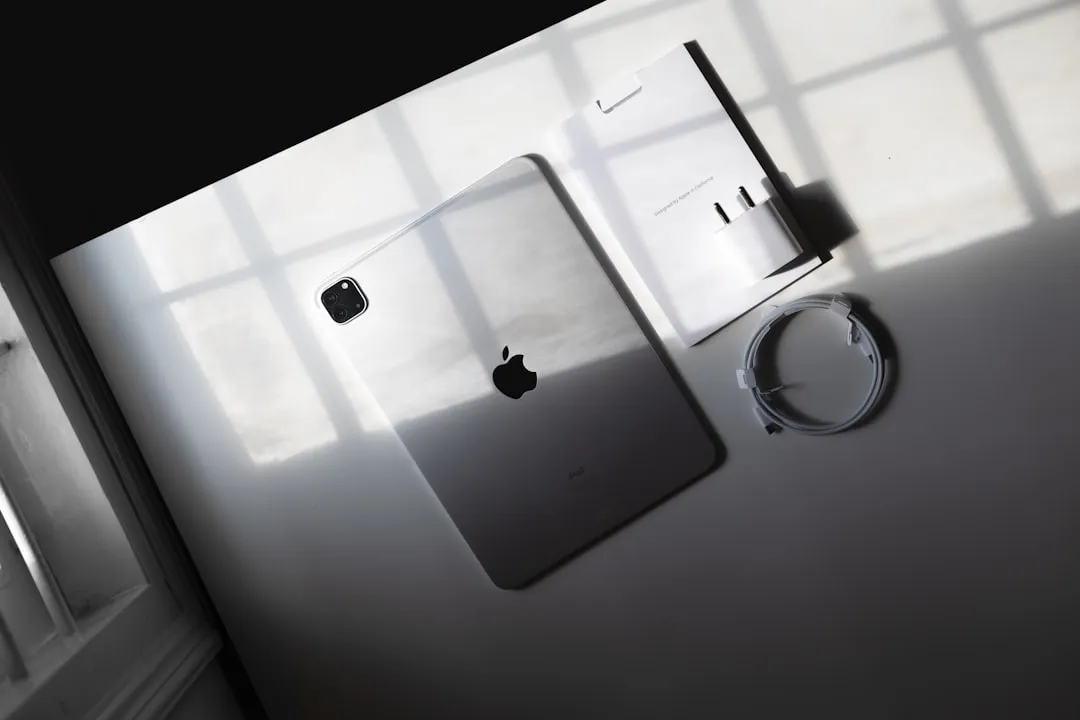
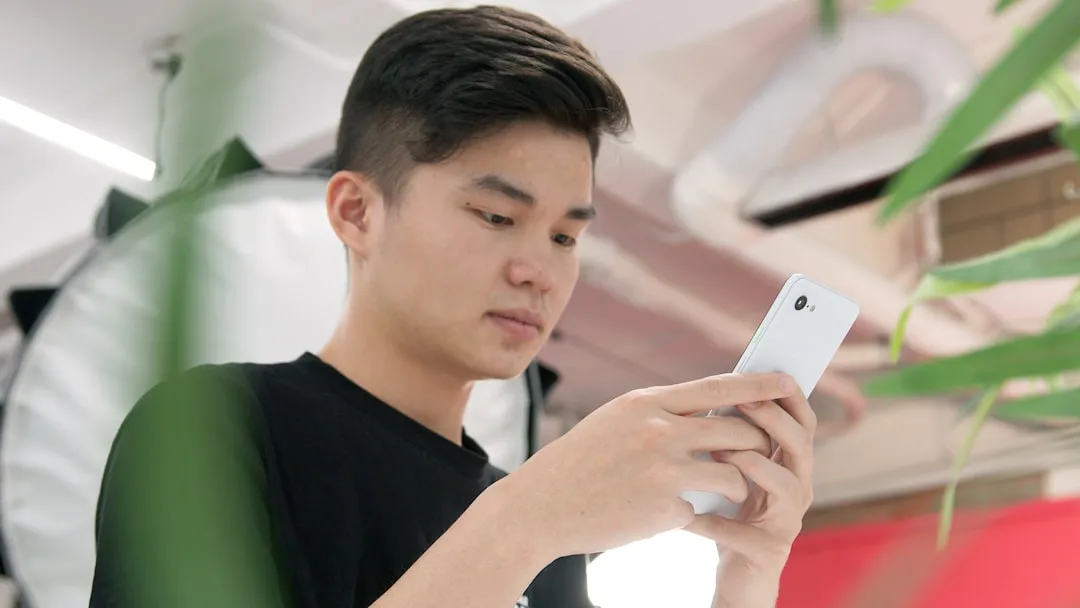
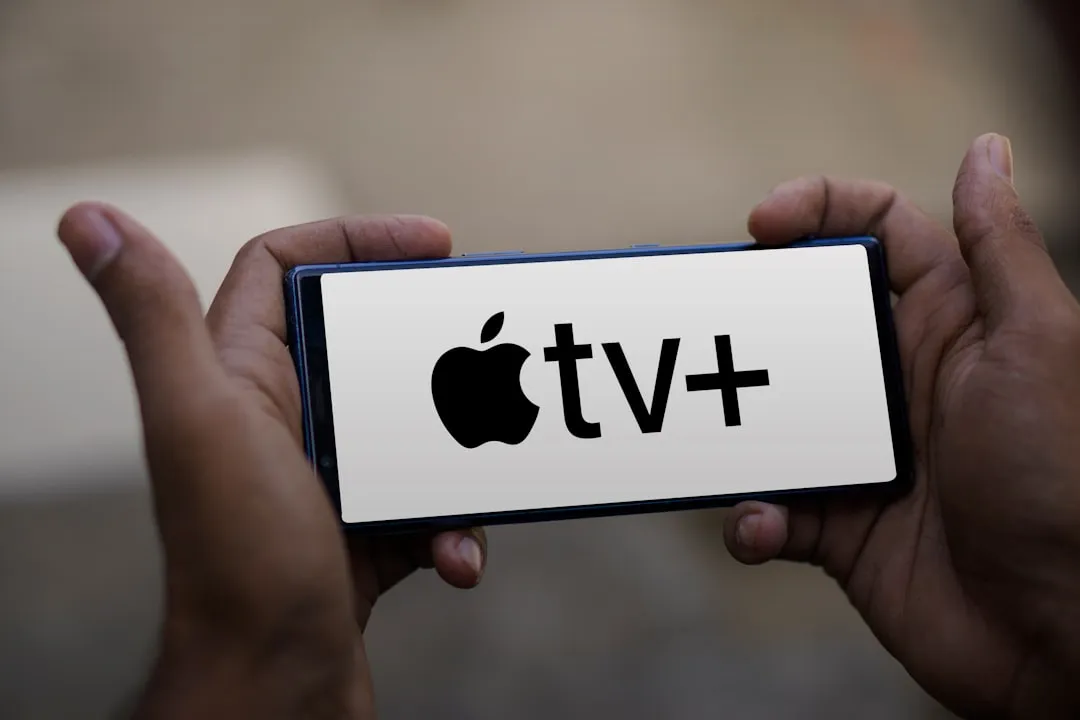

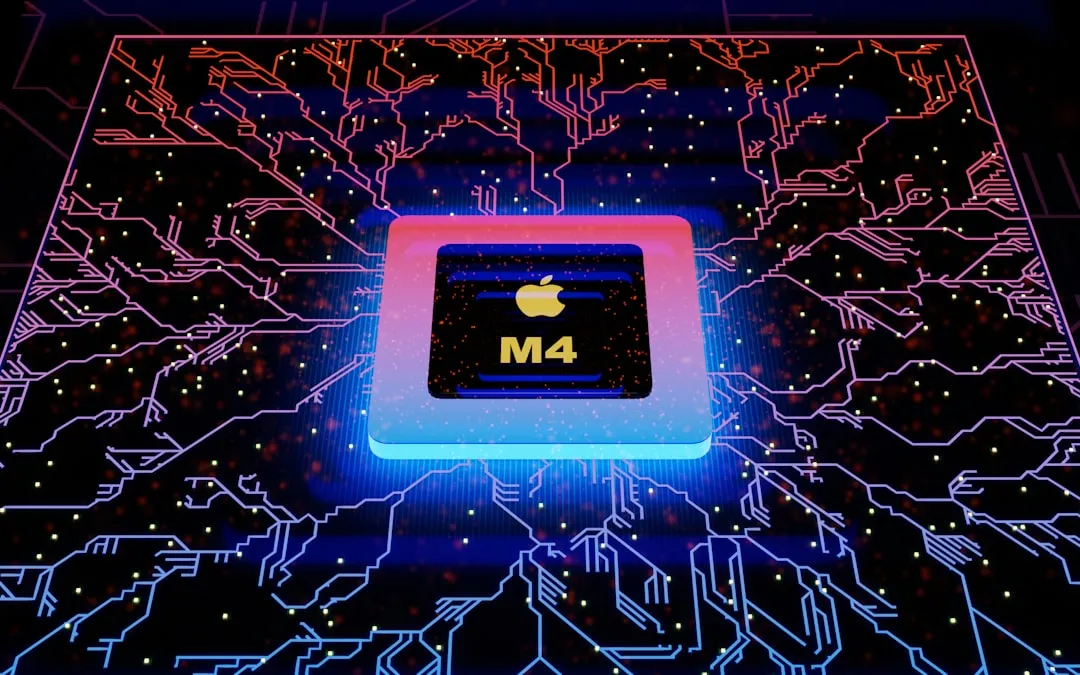
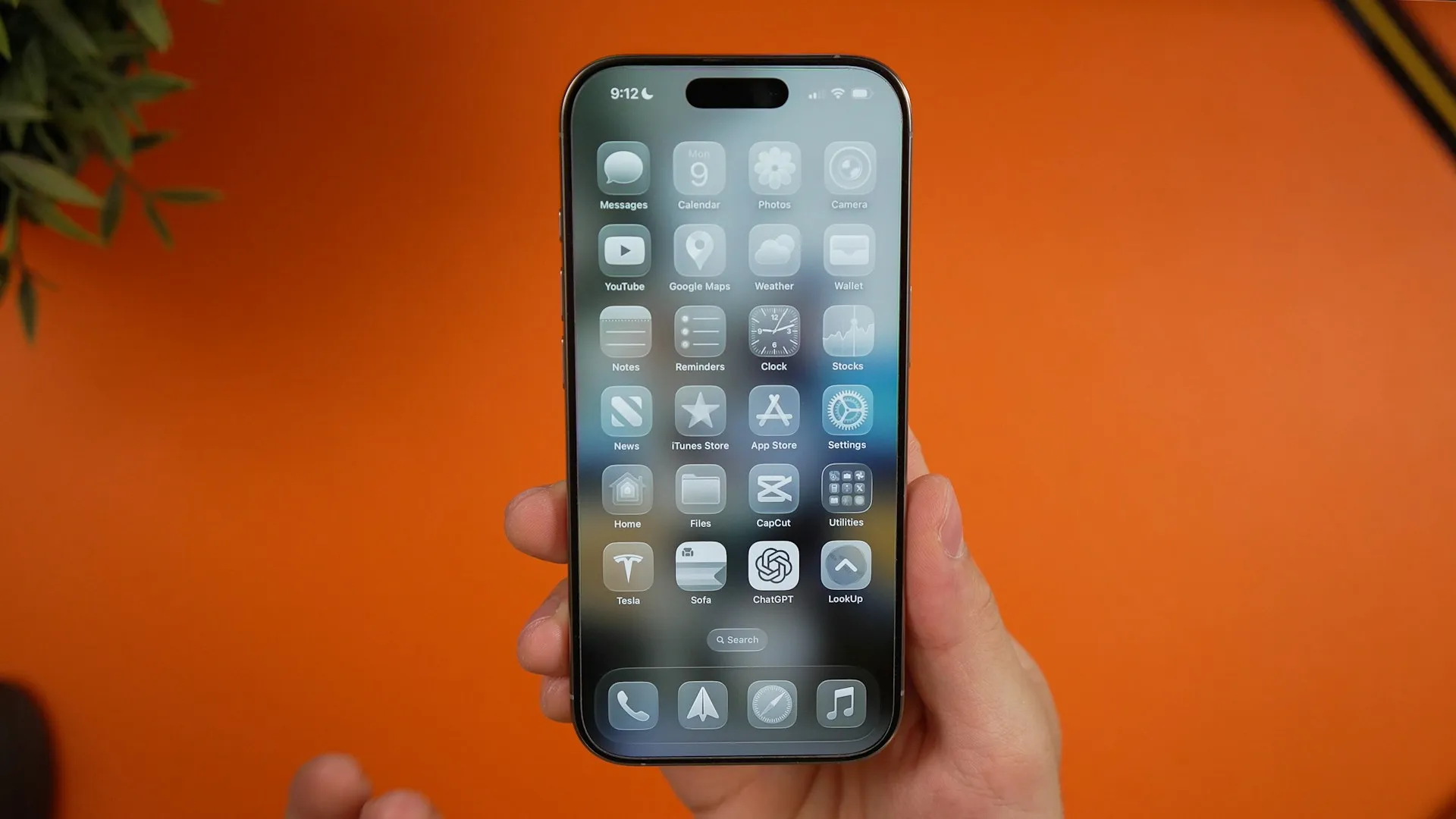

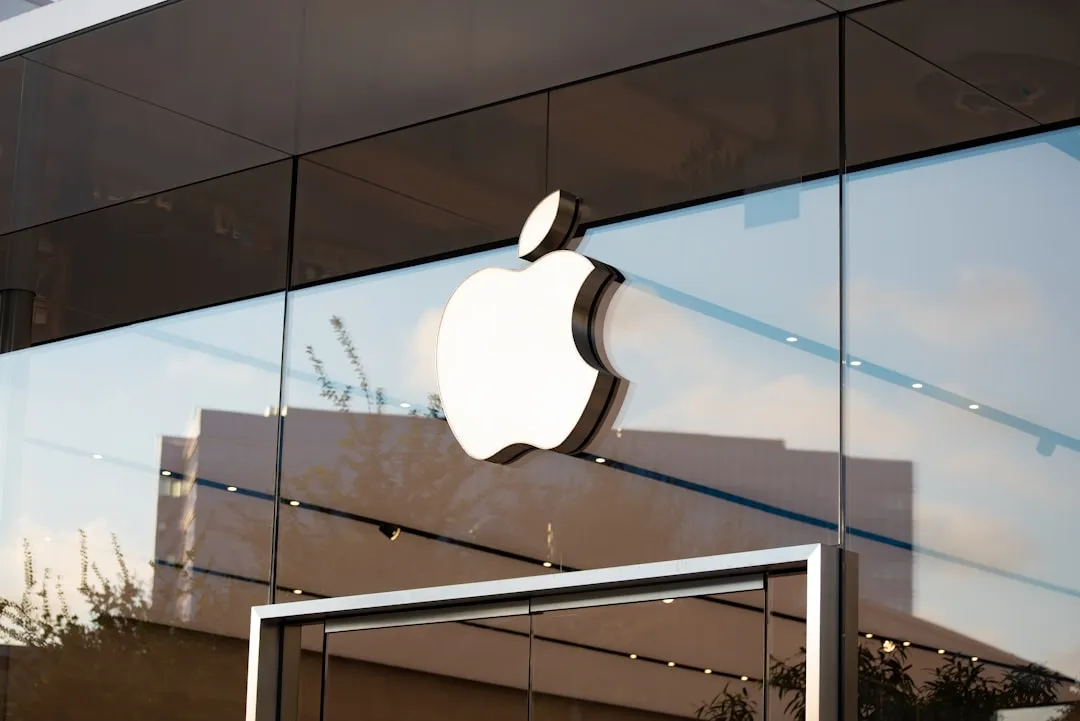



Comments
Be the first, drop a comment!